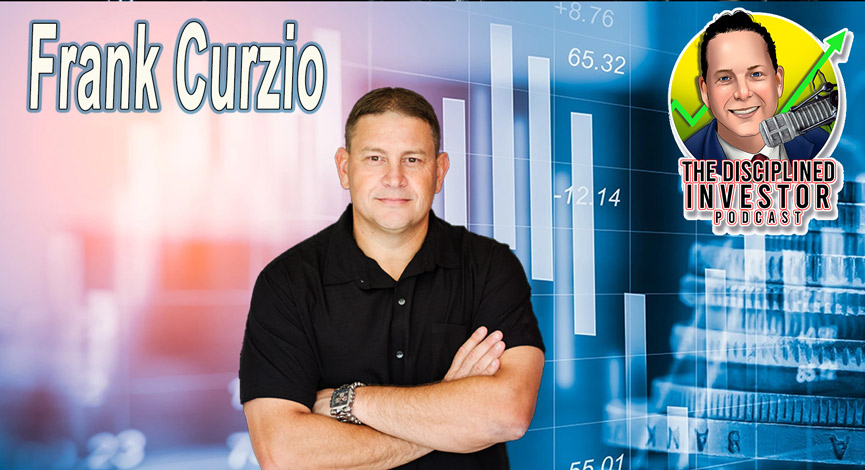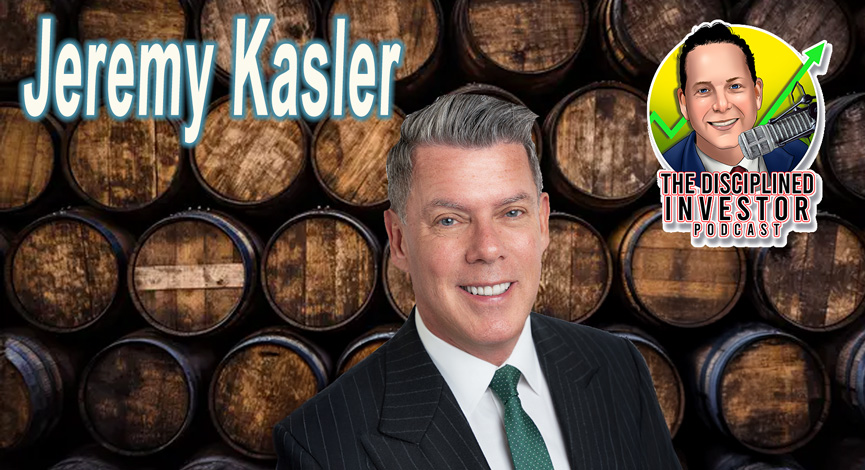Someone is going to have to take the heat from the Massachusetts Senate debacle. There is not other way. Washington has always needed to point the finger of blame in one direction or the other in order to save their own hides. Who will be next to find an index finger pointed toward their face?
Well, according to Bloomberg’s Carol Baum – Treasury Secretary Geithner’s neck is probably headed for the chopping block, and she may be right.
Think of the swift change of characters that have been ushered into the “damage control room” at the White House post the Brown/Coakley upset. Now we hear that the once shunned Paul Volker is back to being the go-to-guy for the financial industry overhaul (or destruction, whichever).
These changes of late are not going over well with Wall Street who has had a love affair with the Bernanke/Geithner actions over the past year. We all know this, but what awaits Mr. Geithner should he be the fella that the Administration is willing to sacrifice in the name of satisfying the populous desire for blood?
According to Ms. Baum, this is an obvious answer. Goldman will be hiring. Make sense?
Read on….
Jan. 26 (Bloomberg) — Treasury Secretary Timothy Geithner is scheduled to testify to the House Oversight and Government Reform Committee tomorrow. The hearing is certain to be good theater. Whether it reveals good government, or a government working for the few at the expense of the many, is another matter.
If it turns out Geithner failed to act in the best interest of taxpayers in the bailout of American International Group, Inc., he is unworthy of the public trust and should step down.
That thought may have crossed President Barack Obama‘s mind as well. When Obama proposed new limits on the size and scope of commercial banks last week, standing at his side was Paul Volcker, head of the president‘s Economic Advisory Board, whose height (6 feet 7 inches) belies his diminished influence –until now. Volcker has long advocated banning commercial banks from speculating with federally insured deposits, but his voice was drowned out by the pro-Wall Street sympathies of Geithner and Larry Summers, another Obama economic adviser.
The House Oversight Committee, chaired by Edolphus Towns, a Democrat from New York, subpoened documents from the Federal Reserve Bank of New York relating to the AIG bailout in September 2008, when Geithner was president of the New York Fed. The Fed turned over about 250,000 pages of documents, some of which have been leaked to the press.
Lawmakers are particularly interested in the decision to pay AIG‘s counterparties, including Goldman Sachs Group Inc. and Societe Generale SA, 100 cents on the dollar to cancel, then and there, the credit default swaps the insurer sold them. They also want to know why the New York Fed pressured AIG to withhold that information in its regulatory filings.
Secrecy‘s Downside
So do we. Secrecy surrounding the AIG bailout has worked to compound suspicions the New York Fed did something fishy, that it found a back-door way to pump money into the banks and, in the process, hosed the rest of us.
Geithner has testified that the Fed‘s hands were tied, that the bank could not “selectively default on contractual obligations without courting collapse.” If that‘s the case, why hide the evidence? CDSs are customized, privately negotiated contracts. We have no idea how they were written. Only the parties to them do.
Through a Treasury spokesman, Geithner has said he recused himself from “working on issues involving specific companies, including AIG,” after his Nov. 24 nomination as Treasury secretary.
How likely is it Geithner was unaware or uninvolved in the negotiations? The New York Fed did not respond to multiple inquiries on the nature of the recusal.
Body Language
“It‘s not necessary to speak words or render a decision to cause influence,” says Jacob Frenkel, a former federal prosecutor and Securities and Exchange Commission enforcement attorney now in private practice. “Mere presence can affect the outcome.”
Geithner‘s problems pre-date AIG. After Obama nominated him to the Treasury post, a job that put him atop the Internal Revenue Service, we learned he cheated on his taxes. He settled his 2003 and 2004 tax liability after a 2006 IRS audit but didn‘t pay back taxes for 2001 and 2002 until Obama nominated him.
Obama rushed Geithner‘s confirmation process through the Senate on the grounds that he was the only man for the job. The main selling point? In his position at the helm of the New York Fed since 2003, he was familiar with the crisis story line and was involved in the various rescue efforts.
He also fiddled while the biggest banks, most of which are in the New York Fed‘s district, burned.
Escape Clause
Geithner has been a public servant his whole life, holding various positions at the Treasury, the International Monetary Fund and the Fed. Somehow he managed to shed the stigma of tax scofflaw, but now BOTH Democrats and Republicans in Congress want blood. His may be just the scalp Obama needs to pacify the populist outrage, especially since he‘s perceived as being too cozy with bankers.
Following the loss of the late Ted Kennedy‘s Senate seat in Massachusetts, Obama is trying out his populist voice. By all rights, he should sacrifice one of his political advisers, who seem to have miscalculated the Massachusetts election and misjudged the public‘s appetite for health-care reform when the chief concern is jobs.
Axing Geithner might be good for president and Treasury secretary alike. Obama would be seen as an ally of the people. Geithner would be free to claim his just reward: that plum offer from Goldman Sachs. The circle would be squared. Obama would have his man on the inside.
___
Disclosure: Horowitz & Company clients may hold positions of securities mentioned as of the date published.
















